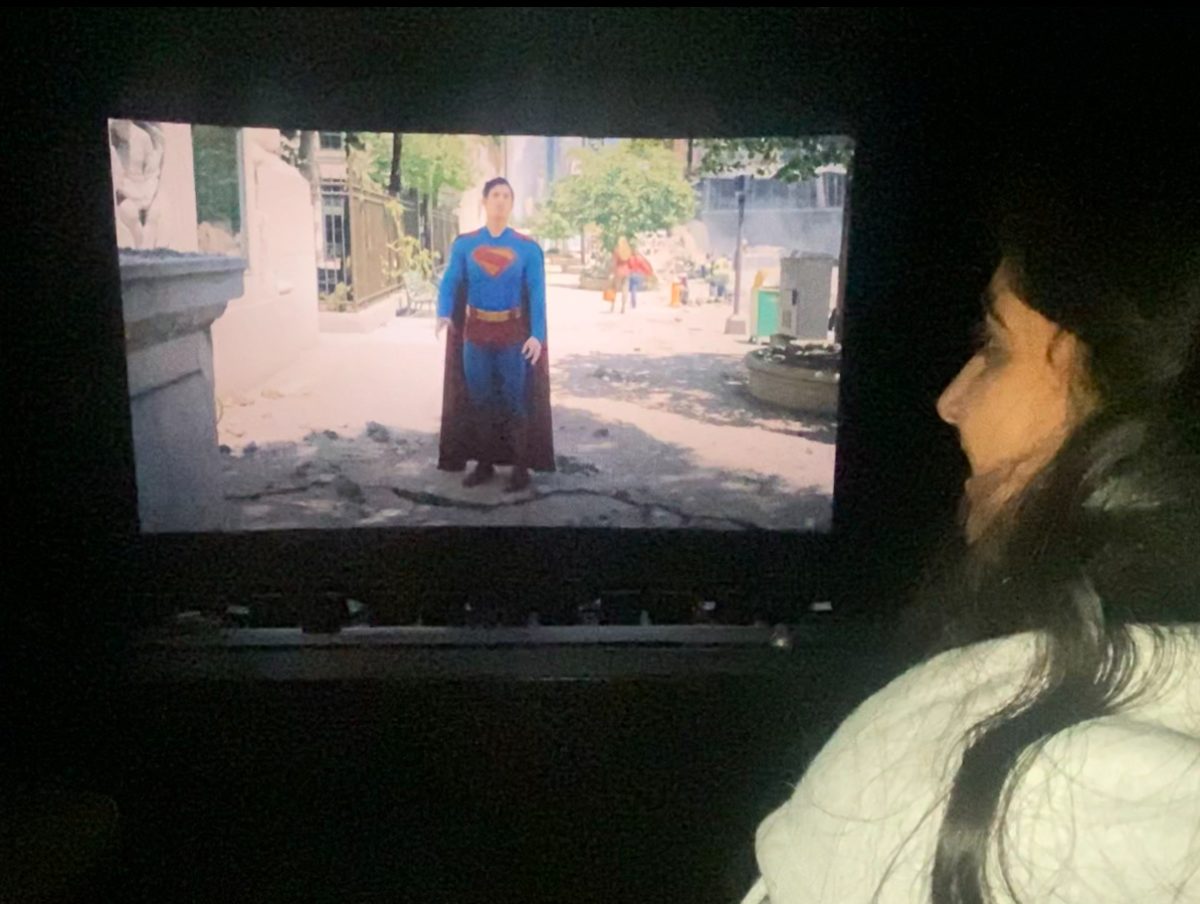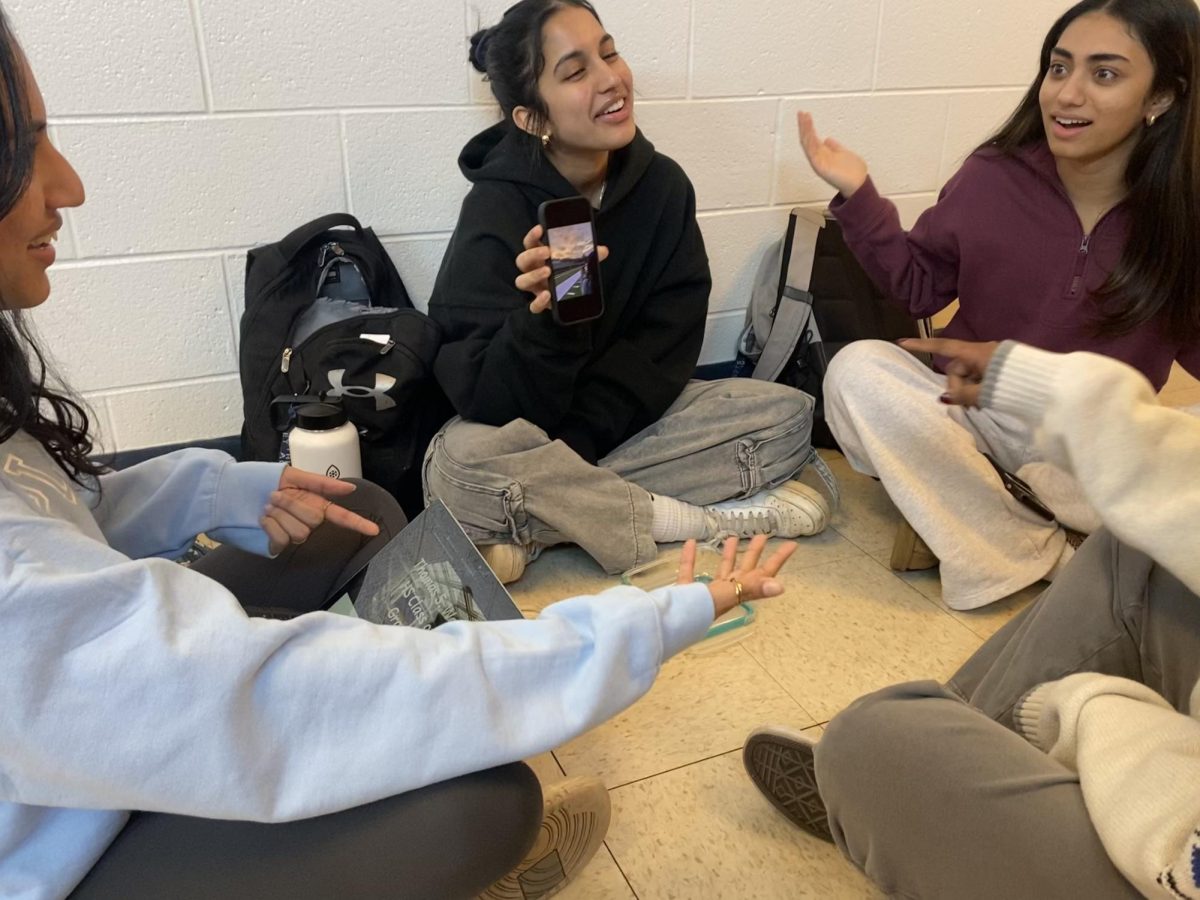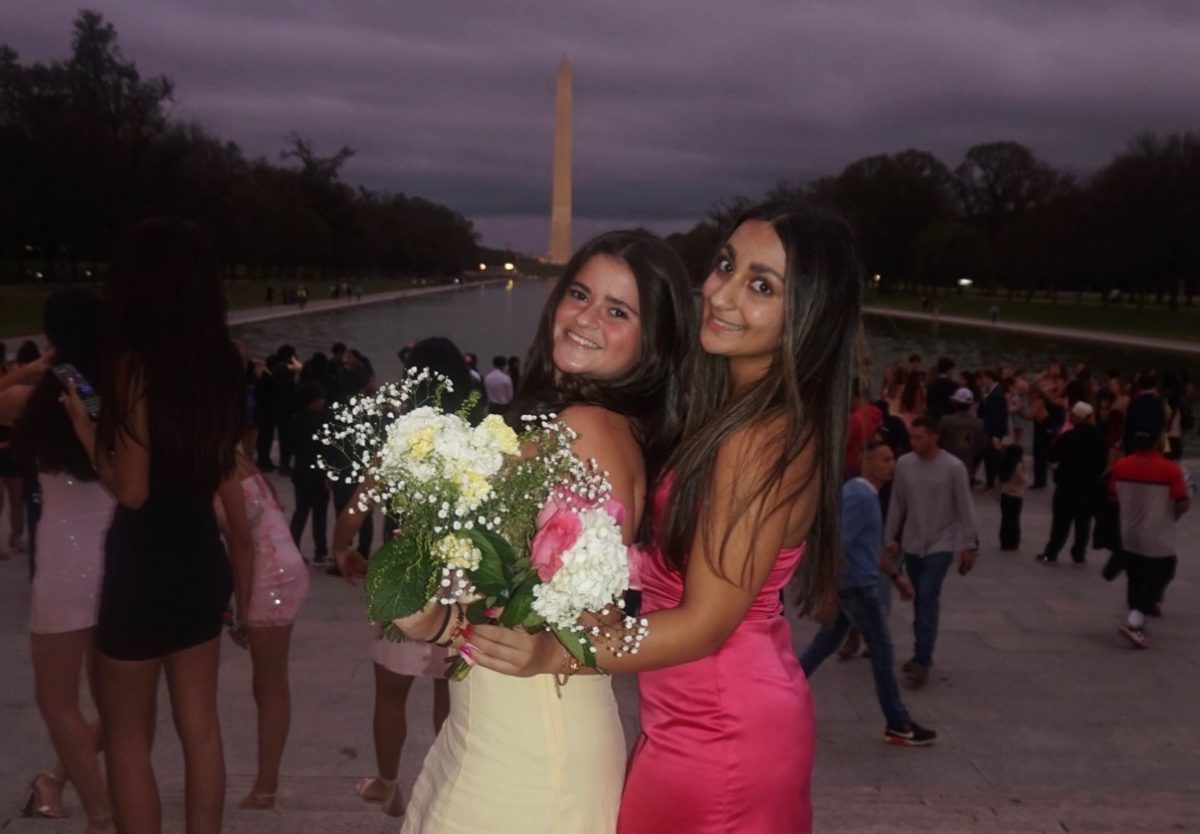Athletes, spectators and coaches from all over the world sit unified in the arenas and open air competition spaces in PyeongChang, South Korea. People from countries where political ties are strained stand side by side, watching athletes twirling on the ice and flipping in the air.
The 2018 Olympics was a refreshing celebration of human ability and talent in a year filled with political strife; it proved that even in today’s politically tense climate, it is still possible for all of us to come together in harmony to commemorate hard-work, dedication and athletic ability.
It was touching to see all the attendees cheering for their country’s representatives and Olympians’ pushing the boundaries of what the human body can do. Similar to literature and art, the Olympics at its core is a celebration of human life and ability.
The ability for international competitions such as the Olympics to bring people of all backgrounds together is a testament to humans’ deep bond with each other. No matter what type of government we live under, what political leaders we have or what language we speak, we can all connect with each other.
Although it may seem obvious and insignificant, remembering that we’re all human can be immensely powerful. Holding onto what holds us together, not what threatens to drive us apart, can help us work together to solve international problems.
Instead of thinking “environmental problems are not my country’s concern,” or “refugee issues won’t reach me here,” we should all come together in international unity to address global concerns. If we can all gather peacefully at the Olympics to celebrate human life, we should be able to meet and effectively discuss the well-being and survival of the human race. Global issues such as global warming and disease are potential disasters that require the best and brightest human minds working together, not behind closed borders.
Recently, I had the chance to see the musical Chess at The Kennedy Center, which discussed the use of games to help settle international disputes. Chess is set in the Cold War Era and centers around two chess players as they face off to decide who will be global champion. One chess player is Russian, and the other is American. Government officials in both countries attempt to negotiate with each other throughout the tournament to inch closer to halting the nuclear arms race for the sake of humanity.
Whether fictional or real, tournaments of all sorts help us see all the passions we share collectively as humans. Although most were focused on the athlete’s performances and scores, I found the Olympics memorable for exemplifying how we can all celebrate human life in peace and harmony.
Rachel Wei
Editor-in-Chief














